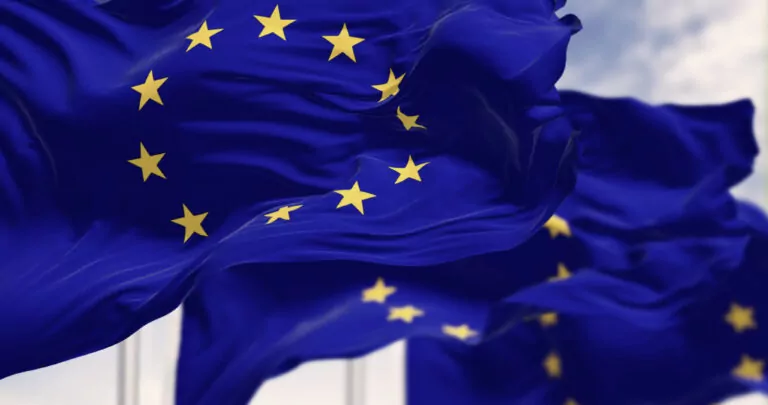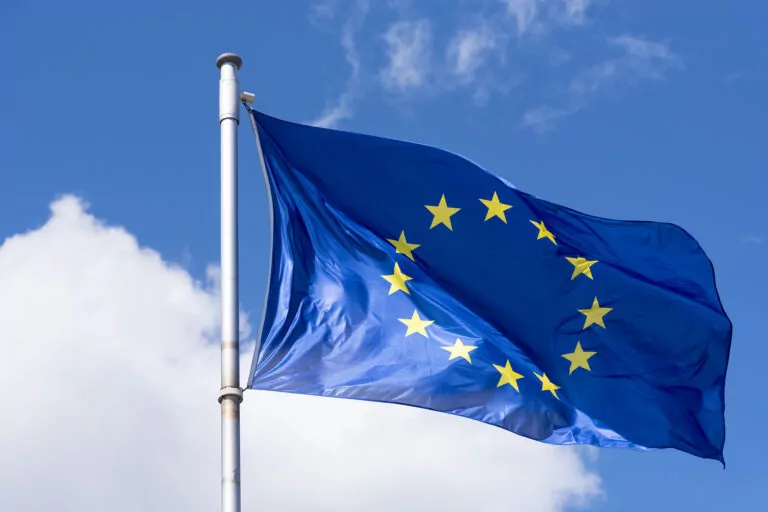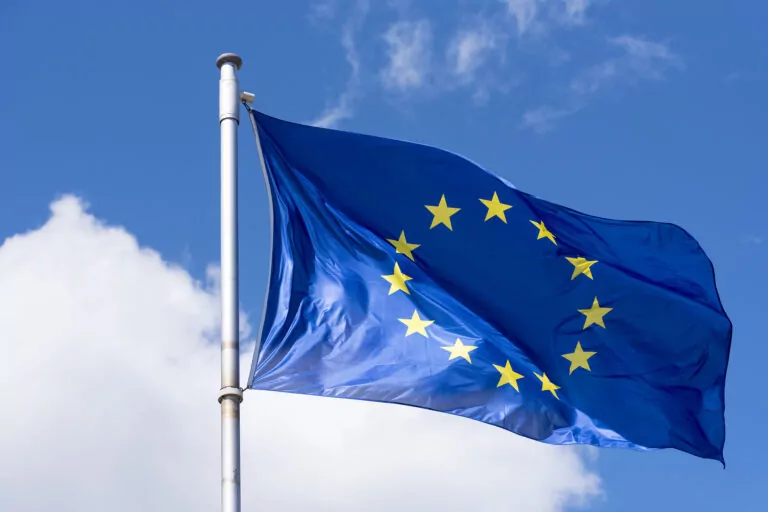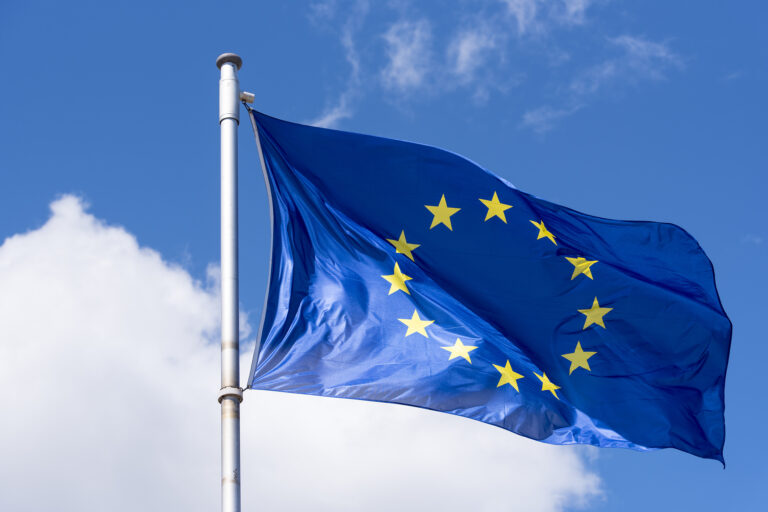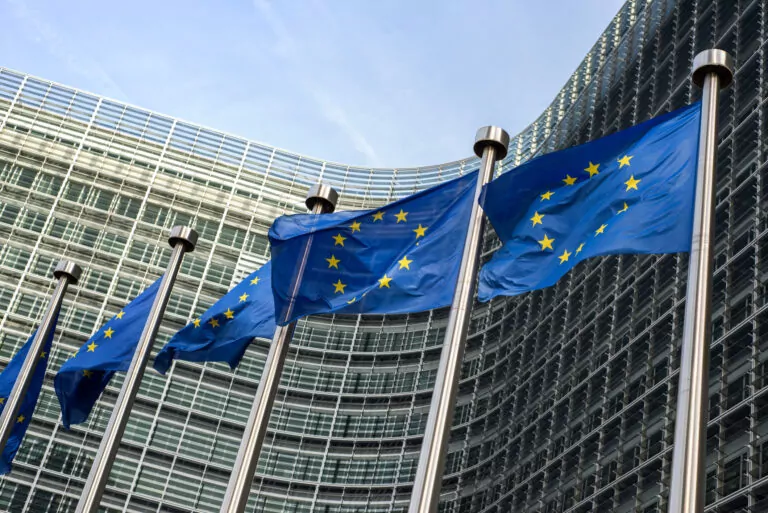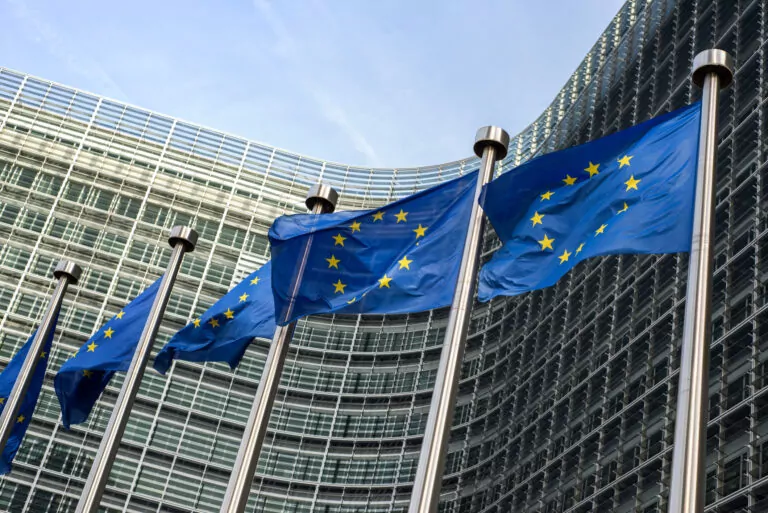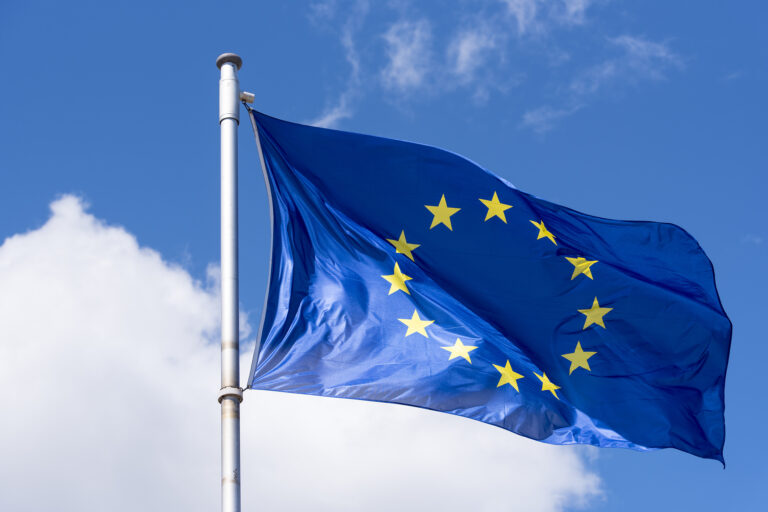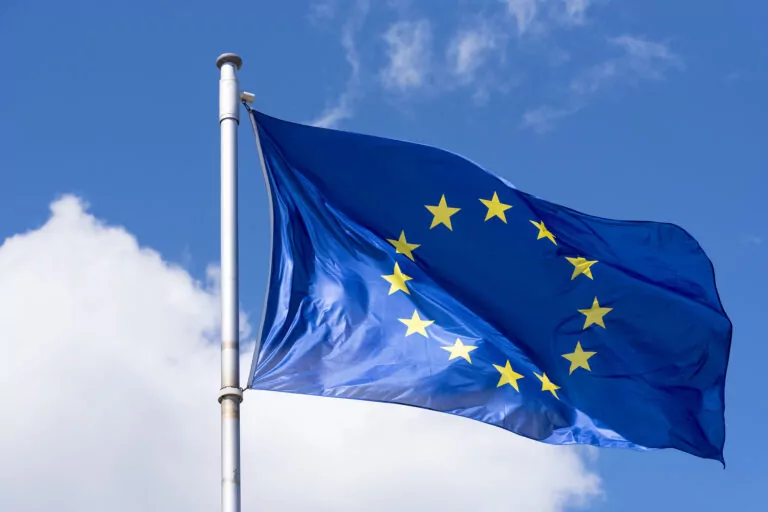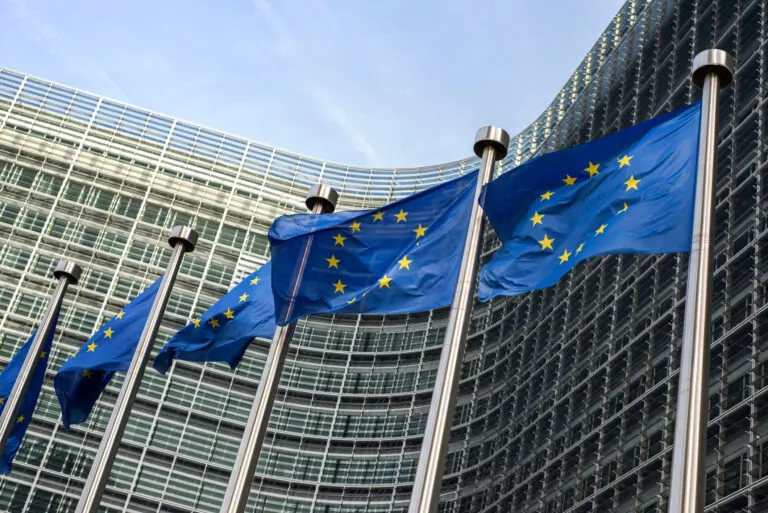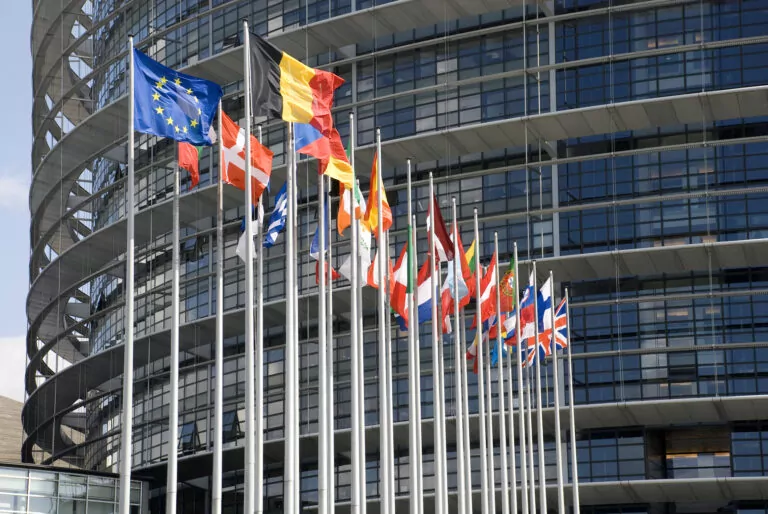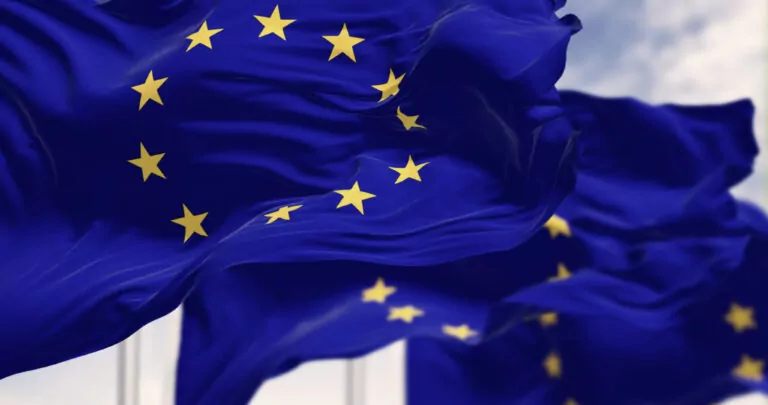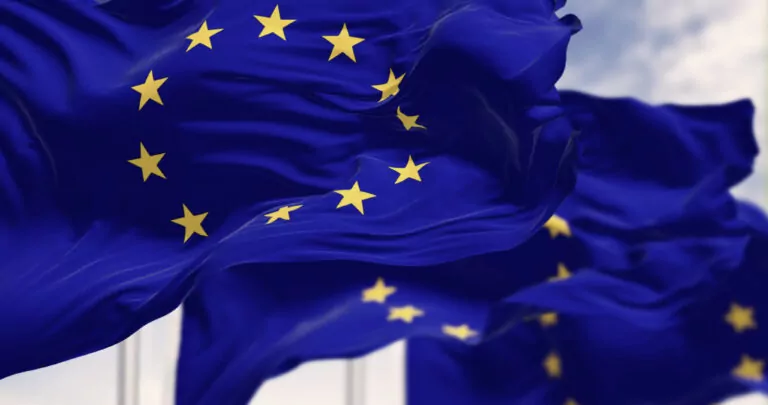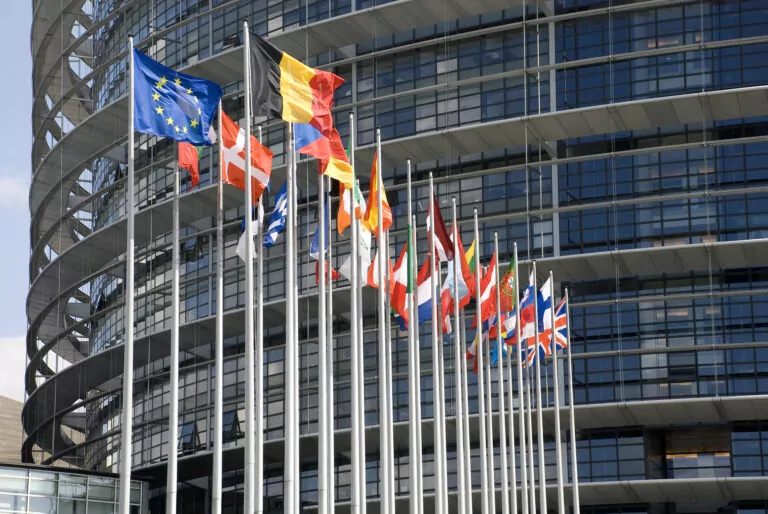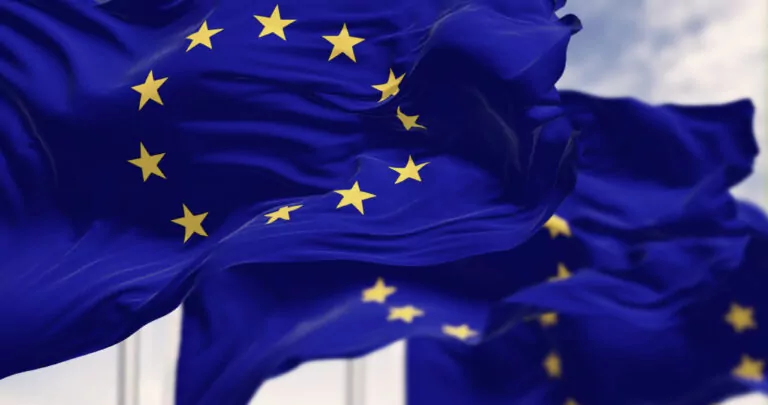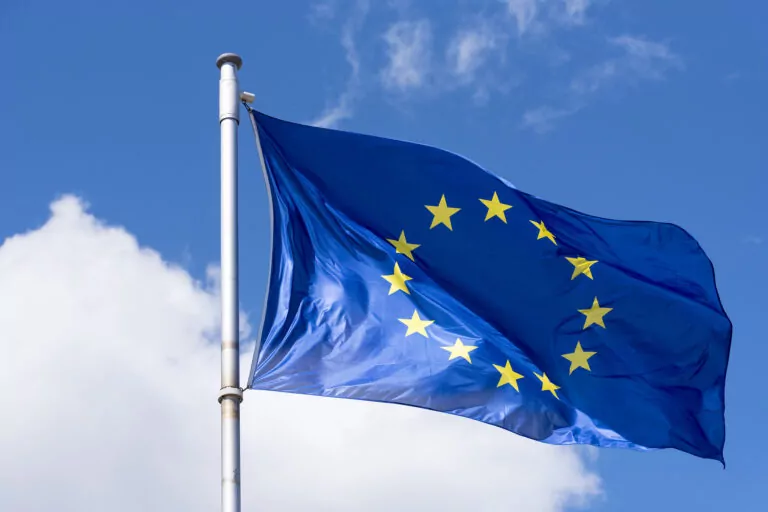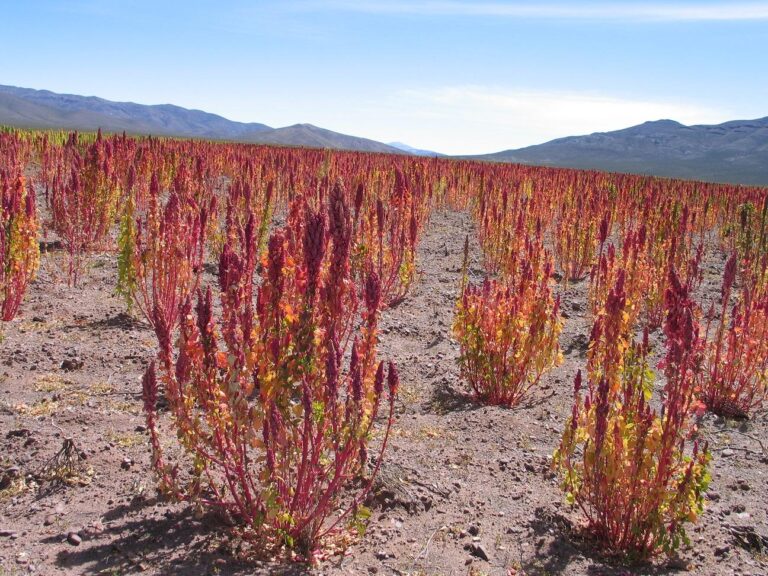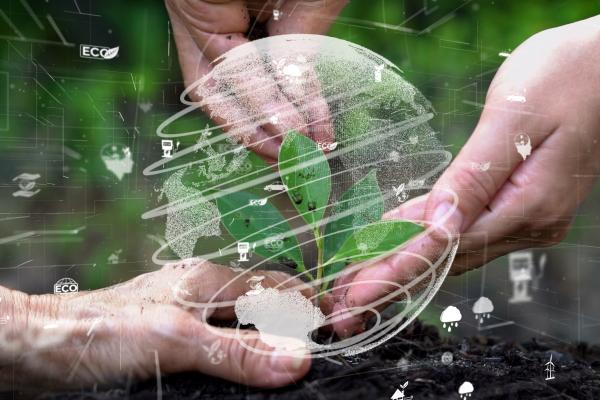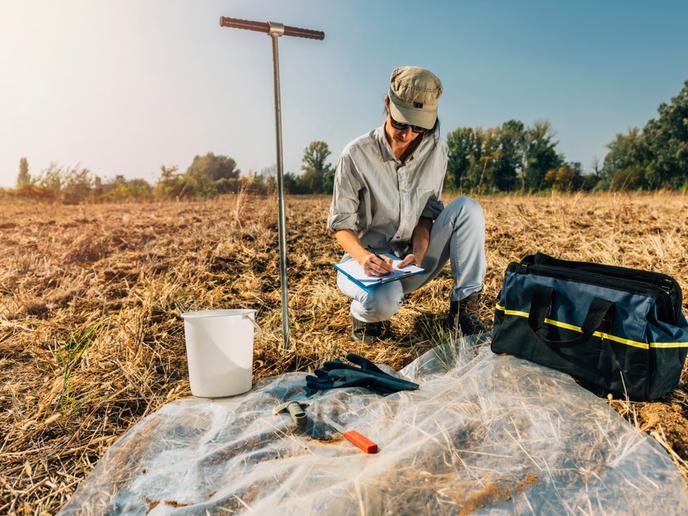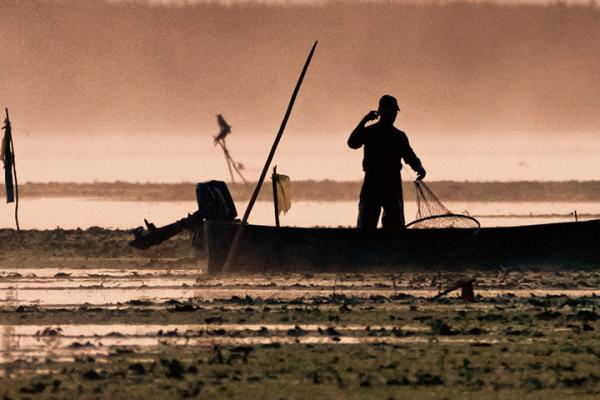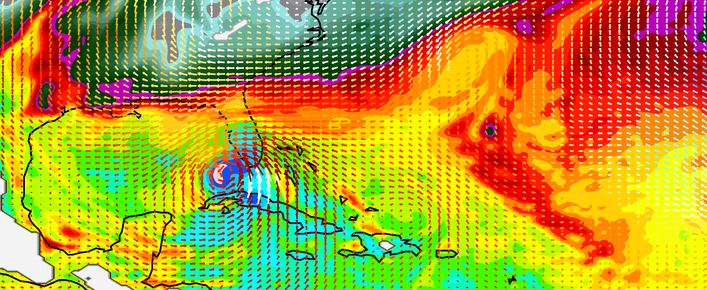Add to favorites:
Share:
A successful proposal should support the European Green Deal priorities, contribute to the African Union-EU High Level Policy Dialogue on Science, Technology and Innovation and to the respective R&I partnerships on Food and Nutrition Security and Sustainable Agriculture (FNSSA) and on Climate Change and Sustainable Energy. Proposals should contribute to the climate objectives of the African Union and the EU, and to the commitments of the Kunming-Montréal Global Biodiversity Framework. Projects will therefore contribute to the expected impacts of this Destination by developing innovative tools and approaches to improve the resilience, adaptation to climate change and sustainability of agriculture and food systems in Africa.
Project results are expected to contribute to all the following expected outcomes:
- the availability, accessibility and adoption by farmers, advisors and policymakers of fair and inclusive approaches and strategies that improve agricultural productivity and sustainability in Africa, while addressing climate challenges is accelerated, optimising the use of ecological processes with co-benefits for biodiversity;
- the coordination and experience sharing among researchers and agricultural actors in Africa is strengthened, in view of achieving the Sustainable Development Goals and in line with the FNSSA roadmap[1];
- agri-food stakeholders benefit from enhanced climatic, environmental and socio-economic performance of African agroecological farming practices.
Agroecology is a holistic approach that relies on and optimises the use of ecological processes to support agricultural production. By working more with nature and ecosystem services, it has the potential to increase farms’ circularity, diversification and autonomy, address climate challenges while preserving and enhancing biodiversity, and drive a full transformation of farming systems and agricultural value chains, from input substitution and beyond. Agroecological farming systems therefore have great potential to enhance the sustainability performance of agriculture and agricultural value chains that contribute to the objectives of the EU Green deal for agriculture and to the FNSSA partnership.
Living labs under this topic are intended as open innovation ecosystems in real-life sites using iterative feedback processes throughout a lifecycle approach of an innovation to create inclusive and sustainable impact.
While living labs are collaborative initiatives to co-create knowledge and innovations, lighthouses are sites for demonstration of exemplary and replicable solutions, training, peer-to-peer learning, and communications related to promoting agroecological approaches.
Proposals should:
- set up living labs and light houses as places for testing and demonstrating agroecological approaches in different pedoclimatic conditions in Africa;
- carry out participatory and transdisciplinary research and innovation activities in living labs with agricultural actors (e.g. researchers, farmers, advisors, policymakers), including on socio-economic aspects to support sustainability transitions and upscaling, to seek practical agroecological solutions to the climatic and biodiversity challenges/opportunities identified;
- identify sites that demonstrate high performance in terms of their actions and results on agroecology and that may be converted into lighthouses;
- strengthen interactions between existing living and new labs, light houses and like-minded arrangements on agroecology to share lessons and facilitate science policy interfaces using where relevant existing network arrangements, such as those under the Horizon Europe CEA-First project.
Proposals should contribute to the implementation of the short- and medium-term actions of the joint AU-EU Innovation Agenda, particularly in the area of Green (notably actions (4) and (5) among short-term actions and (1) and (3) for medium-term actions), and aim to translate R&I efforts into tangible business, products, services, development and quality employment opportunities and social economy enterprises in Africa and Europe. Proposals should be in line with the conclusions of the 2023 AU-EU Agriculture Ministerial Conference[2] and support the African Free Trade Area.
Proposals should contribute to the implementation of the Union for the Mediterranean (UfM) adopted R&I roadmaps[3] pertaining to climate change, particularly in the areas impact of water scarcity and drought in rural areas, sustainable agriculture production and biodiversity in changing climate.
Proposals should build on the experience gained with relevant former and on-going FNSSA projects on agroecological approaches under Horizon 2020 and the Horizon Europe Work Programmes, as well as with activities of the DeSIRA[4] initiative part of the EU International Partnerships. At the same time, proposals should create synergies with any relevant activities carried out under the European Partnership “Agroecology” (’Accelerating farming systems transition – agroecology living labs and research infrastructures') and targeted EU-Africa cooperation activities under the EU Mission “A soil deal for Europe”. Proposals should include a dedicated task and appropriate resources to create those synergies. To leverage opportunities for furthering impact and outreach, proposals should create synergies with the project resulting from the call “HORIZON-CL6-2025-02-FARM2FORK-16: Developing a joint AU-EU Agricultural Knowledge and Innovation System (AKIS) supporting the Food and Nutrition Security and Sustainable Agriculture (FNSSA) partnership”.
Proposals should adopt an inclusive approach that respects and integrates local knowledge and practices alongside technological and scientific expertise, where indigenous insights are enriched by innovative approaches and new technologies through mutual learning.
Proposals must implement the ‘multi-actor approach’ to ensure the adequate involvement of the farming sector, civils society and relevant policy actors.
Participation of Mediterranean countries other than from EU and AU is encouraged.
The possible contribution of the JRC could involve exploring possible pathways for a sustainable transition of agriculture and food systems, defining scenarios for the agro-ecological transition, assessing the impacts of such transition, engaging with stakeholders, disseminating results notably to policymakers and through cooperation with the EC Knowledge Centre for Global Food and Nutrition Security.
Proposals should ensure that gender dimension and social categories (e.g. disability, age, socioeconomic status, ethnic and/or cultural origins, sexual orientation) and their intersections, are duly considered.
Proposals may involve financial support to third parties to researchers, farmers, advisors and other multidisciplinary actors contributing to the setting up of living labs and/or lighthouses. A maximum 30% of EU funding should be allocated to this purpose. The provision of training (including technical guidelines and ad-hoc materials) and support services to farmers may be considered as a criterion to grant financial support to third parties.
[1] https://research-and-innovation.ec.europa.eu/strategy/strategy-2020-2024/europe-world/international-cooperation/regional-dialogues-and-international-organisations/eu-africa-cooperation/partnership-food-and-nutrition-security-and-sustainable-agriculture-fnssa_en
[3] https://ufmsecretariat.org/ministerial-conference-research-innovation-2022/
Expected Outcome
A successful proposal should support the European Green Deal priorities, contribute to the African Union-EU High Level Policy Dialogue on Science, Technology and Innovation and to the respective R&I partnerships on Food and Nutrition Security and Sustainable Agriculture (FNSSA) and on Climate Change and Sustainable Energy. Proposals should contribute to the climate objectives of the African Union and the EU, and to the commitments of the Kunming-Montréal Global Biodiversity Framework. Projects will therefore contribute to the expected impacts of this Destination by developing innovative tools and approaches to improve the resilience, adaptation to climate change and sustainability of agriculture and food systems in Africa.
Project results are expected to contribute to all the following expected outcomes:
- the availability, accessibility and adoption by farmers, advisors and policymakers of fair and inclusive approaches and strategies that improve agricultural productivity and sustainability in Africa, while addressing climate challenges is accelerated, optimising the use of ecological processes with co-benefits for biodiversity;
- the coordination and experience sharing among researchers and agricultural actors in Africa is strengthened, in view of achieving the Sustainable Development Goals and in line with the FNSSA roadmap[1];
- agri-food stakeholders benefit from enhanced climatic, environmental and socio-economic performance of African agroecological farming practices.
Scope
Agroecology is a holistic approach that relies on and optimises the use of ecological processes to support agricultural production. By working more with nature and ecosystem services, it has the potential to increase farms’ circularity, diversification and autonomy, address climate challenges while preserving and enhancing biodiversity, and drive a full transformation of farming systems and agricultural value chains, from input substitution and beyond. Agroecological farming systems therefore have great potential to enhance the sustainability performance of agriculture and agricultural value chains that contribute to the objectives of the EU Green deal for agriculture and to the FNSSA partnership.
Living labs under this topic are intended as open innovation ecosystems in real-life sites using iterative feedback processes throughout a lifecycle approach of an innovation to create inclusive and sustainable impact.
While living labs are collaborative initiatives to co-create knowledge and innovations, lighthouses are sites for demonstration of exemplary and replicable solutions, training, peer-to-peer learning, and communications related to promoting agroecological approaches.
Proposals should:
- set up living labs and light houses as places for testing and demonstrating agroecological approaches in different pedoclimatic conditions in Africa;
- carry out participatory and transdisciplinary research and innovation activities in living labs with agricultural actors (e.g. researchers, farmers, advisors, policymakers), including on socio-economic aspects to support sustainability transitions and upscaling, to seek practical agroecological solutions to the climatic and biodiversity challenges/opportunities identified;
- identify sites that demonstrate high performance in terms of their actions and results on agroecology and that may be converted into lighthouses;
- strengthen interactions between existing living and new labs, light houses and like-minded arrangements on agroecology to share lessons and facilitate science policy interfaces using where relevant existing network arrangements, such as those under the Horizon Europe CEA-First project.
Proposals should contribute to the implementation of the short- and medium-term actions of the joint AU-EU Innovation Agenda, particularly in the area of Green (notably actions (4) and (5) among short-term actions and (1) and (3) for medium-term actions), and aim to translate R&I efforts into tangible business, products, services, development and quality employment opportunities and social economy enterprises in Africa and Europe. Proposals should be in line with the conclusions of the 2023 AU-EU Agriculture Ministerial Conference[2] and support the African Free Trade Area.
Proposals should contribute to the implementation of the Union for the Mediterranean (UfM) adopted R&I roadmaps[3] pertaining to climate change, particularly in the areas impact of water scarcity and drought in rural areas, sustainable agriculture production and biodiversity in changing climate.
Proposals should build on the experience gained with relevant former and on-going FNSSA projects on agroecological approaches under Horizon 2020 and the Horizon Europe Work Programmes, as well as with activities of the DeSIRA[4] initiative part of the EU International Partnerships. At the same time, proposals should create synergies with any relevant activities carried out under the European Partnership “Agroecology” (’Accelerating farming systems transition – agroecology living labs and research infrastructures') and targeted EU-Africa cooperation activities under the EU Mission “A soil deal for Europe”. Proposals should include a dedicated task and appropriate resources to create those synergies. To leverage opportunities for furthering impact and outreach, proposals should create synergies with the project resulting from the call “HORIZON-CL6-2025-02-FARM2FORK-16: Developing a joint AU-EU Agricultural Knowledge and Innovation System (AKIS) supporting the Food and Nutrition Security and Sustainable Agriculture (FNSSA) partnership”.
Proposals should adopt an inclusive approach that respects and integrates local knowledge and practices alongside technological and scientific expertise, where indigenous insights are enriched by innovative approaches and new technologies through mutual learning.
Proposals must implement the ‘multi-actor approach’ to ensure the adequate involvement of the farming sector, civils society and relevant policy actors.
Participation of Mediterranean countries other than from EU and AU is encouraged.
The possible contribution of the JRC could involve exploring possible pathways for a sustainable transition of agriculture and food systems, defining scenarios for the agro-ecological transition, assessing the impacts of such transition, engaging with stakeholders, disseminating results notably to policymakers and through cooperation with the EC Knowledge Centre for Global Food and Nutrition Security.
Proposals should ensure that gender dimension and social categories (e.g. disability, age, socioeconomic status, ethnic and/or cultural origins, sexual orientation) and their intersections, are duly considered.
Proposals may involve financial support to third parties to researchers, farmers, advisors and other multidisciplinary actors contributing to the setting up of living labs and/or lighthouses. A maximum 30% of EU funding should be allocated to this purpose. The provision of training (including technical guidelines and ad-hoc materials) and support services to farmers may be considered as a criterion to grant financial support to third parties.
[1] https://research-and-innovation.ec.europa.eu/strategy/strategy-2020-2024/europe-world/international-cooperation/regional-dialogues-and-international-organisations/eu-africa-cooperation/partnership-food-and-nutrition-security-and-sustainable-agriculture-fnssa_en
[3] https://ufmsecretariat.org/ministerial-conference-research-innovation-2022/
Partner Requests
Explore Real Collaboration Opportunities
🔍 As a logged-in member, you now have exclusive access to all active Partner Requests for this Funding Call.
See who’s looking for collaborators, explore exciting project ideas, and discover how others are planning to make an impact.
💡 Use these insights to get inspired—or take the next step and start a request of your own (3 entries for free).
Log in or registrate here for free.
You must be logged in to submit or manage a partner request.
Ask our experts about this call
Connect with the Listing Owner!
💬 Please log in now to send a direct message to our experts and ask your questions. Not a member yet? Sign up for free and start connecting today!
Related Funding and Finance Opportunities
Unlock Exclusive Funding Opportunities!
🔑 Get instant access to tailored funding opportunities that perfectly match your needs. This powerful feature is exclusively available to our premium members—helping you save time, stay ahead of the competition, and secure the right funding faster.
Upgrade to Premium now and never miss an important opportunity again! Already a premium member? Log in here to explore your matches.
Related Innovation Offers
Related Knowledgebase Resources
Discover More with Premium: Related Knowledge Resources
🔒 You’re missing out on expert-curated knowledge specifically matched to this topic. As a Premium member, you gain exclusive access to in-depth articles, guides, and insights that help you make smarter decisions, faster.
Whether you’re preparing a funding proposal, researching a new market, or just need reliable information—our Premium knowledge matches save you hours of research and point you directly to what matters.
Upgrade to Premium now and instantly unlock relevant knowledge tailored to your needs! Already a member? Log in here to view your personalized content.


